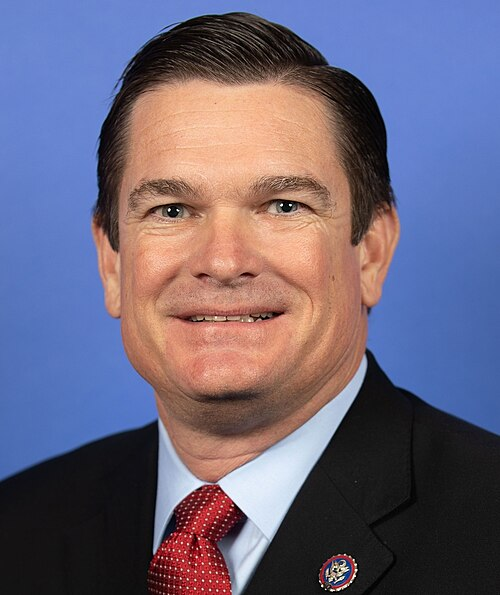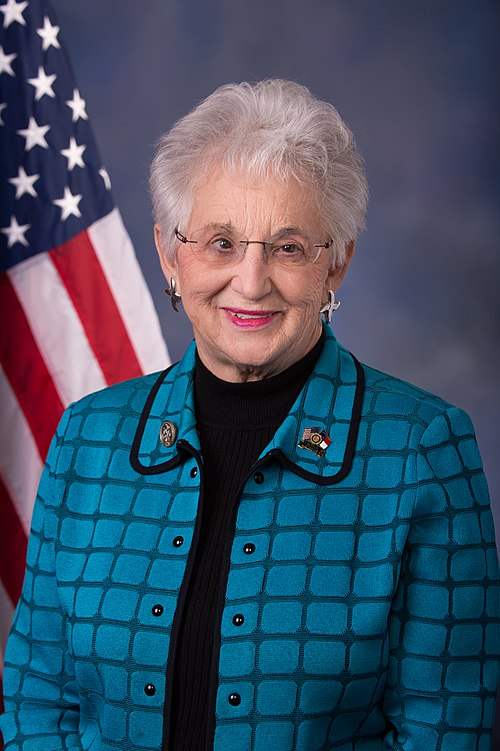H.R. 3870: Combating Overregulation And Limitation of Proven, Operable, Working Energy Resources Act
This bill, formally titled the "Combating Overregulation And Limitation of Proven, Operable, Working Energy Resources Act" or "COAL POWER Act," aims to address regulations related to emissions from certain energy generation sources.
Key Provisions
The main action of the bill is to repeal a specific rule by the Environmental Protection Agency (EPA). This rule is known as the "National Emission Standards for Hazardous Air Pollutants: Coal- and Oil-Fired Electric Utility Steam Generating Units Review of the Residual Risk and Technology Review." The repeal signifies that this rule, which focused on controlling emissions of hazardous air pollutants from coal and oil-fired power plants, would no longer be enforced.
Implications of the Repeal
By eliminating this EPA rule, the bill may influence several areas:
- Energy Production: The repeal may provide coal and oil-fired power plants with fewer regulatory constraints, potentially allowing them to operate with more flexibility in terms of emissions.
- Environmental Standards: The removal of this rule may raise concerns regarding air quality and health effects due to potentially increased emissions from these power plants.
- Regulatory Environment: This bill reflects a legislative move towards reducing federal regulations in the energy sector, possibly affecting future regulations related to emissions and environmental standards.
- Energy Policy Direction: The bill aligns with a broader strategy to support traditional energy resources, which could impact energy transition initiatives towards renewable sources.
Relevant Companies
- GE: General Electric, which operates in energy production, may face changes in regulatory costs or operational procedures related to its fossil fuel power plants.
- ETR: Entergy Corporation, a utility company with a significant amount of coal and oil generation, could see impacts on its operations and environmental compliance costs.
- DUK: Duke Energy, a major electric utility, may be affected by changes in operational practices and regulatory requirements for its fossil fuel power generation facilities.
This is an AI-generated summary of the bill text. There may be mistakes.
Sponsors
13 bill sponsors
-
TrackTroy Downing
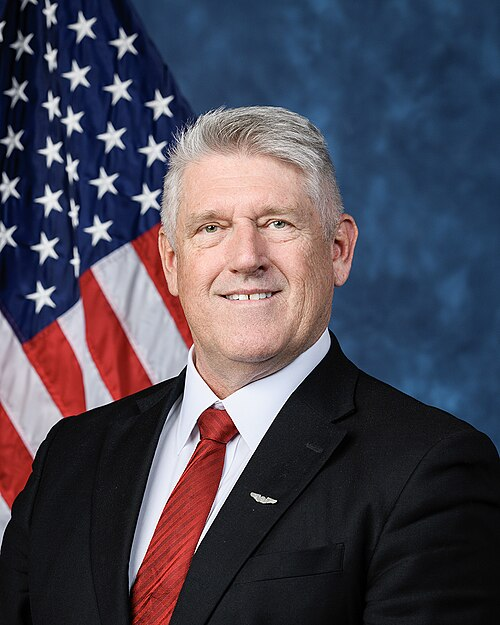
Sponsor
-
TrackMike Collins
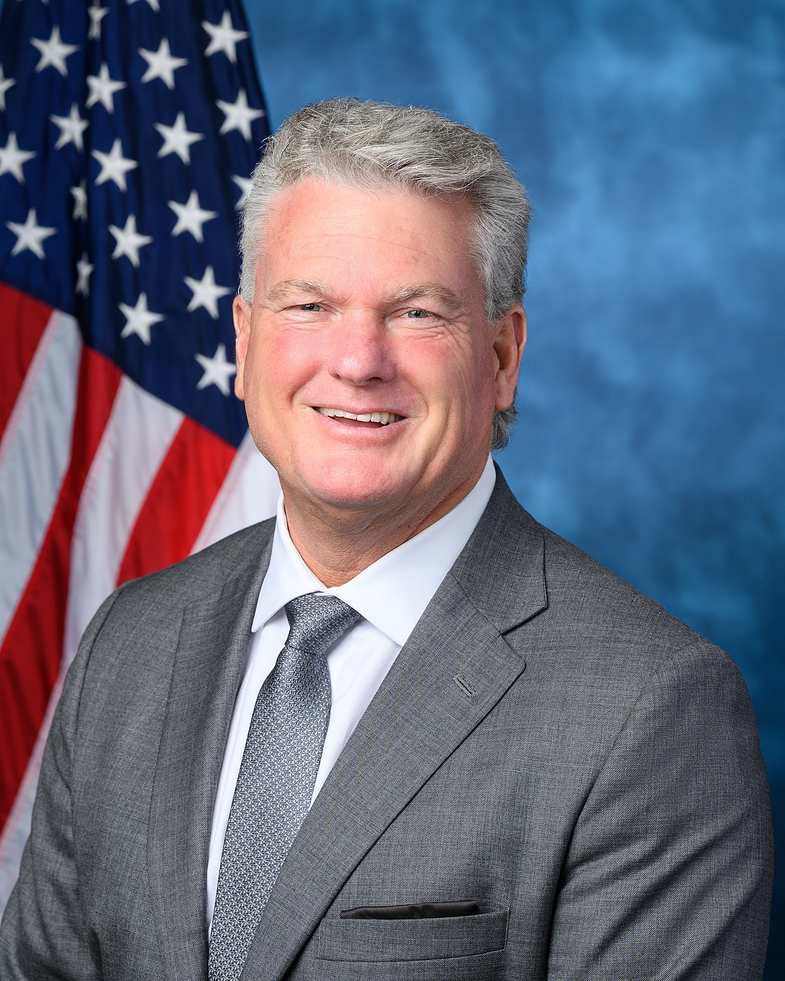
Co-Sponsor
-
TrackJulie Fedorchak

Co-Sponsor
-
TrackBrandon Gill

Co-Sponsor
-
TrackHarriet M. Hageman
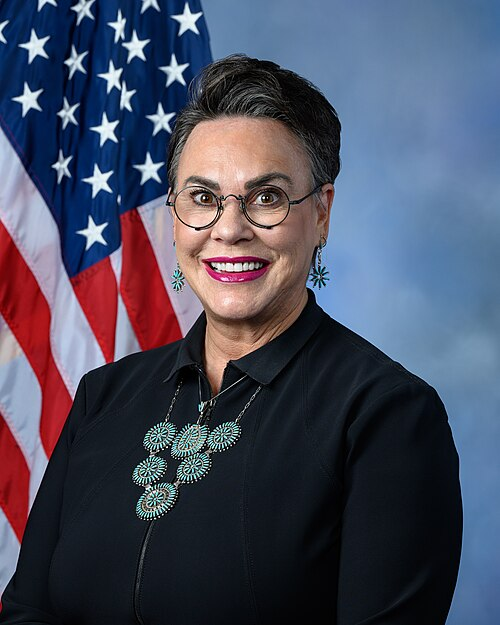
Co-Sponsor
-
TrackJeff Hurd

Co-Sponsor
-
TrackRobert E. Latta
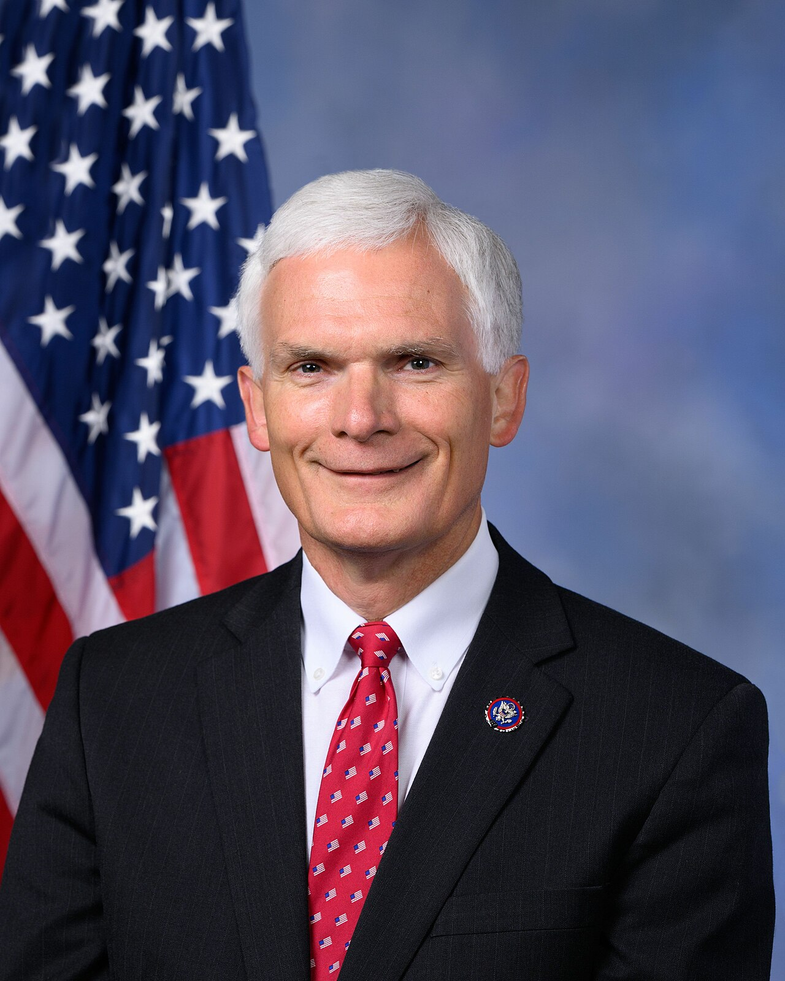
Co-Sponsor
-
TrackHarold Rogers
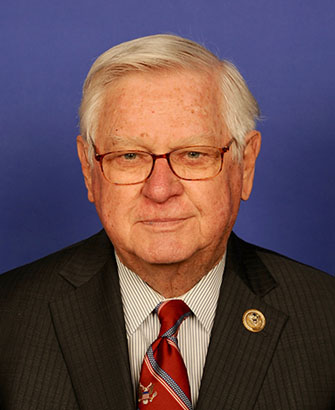
Co-Sponsor
-
TrackMichael A. Rulli
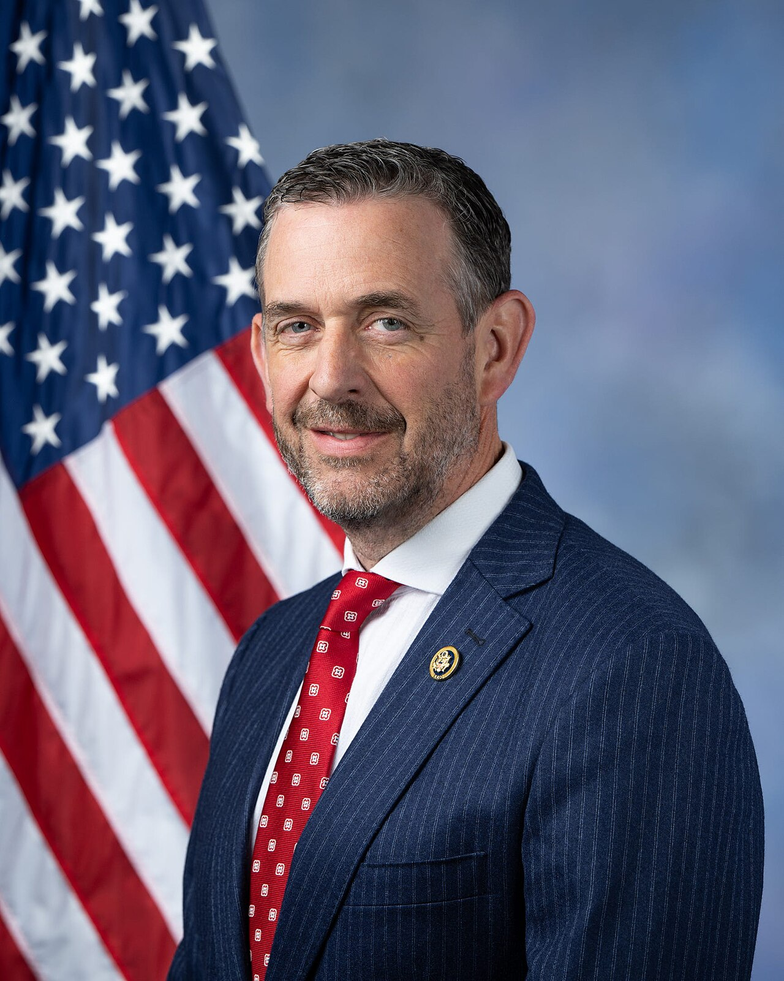
Co-Sponsor
-
TrackDerek Schmidt
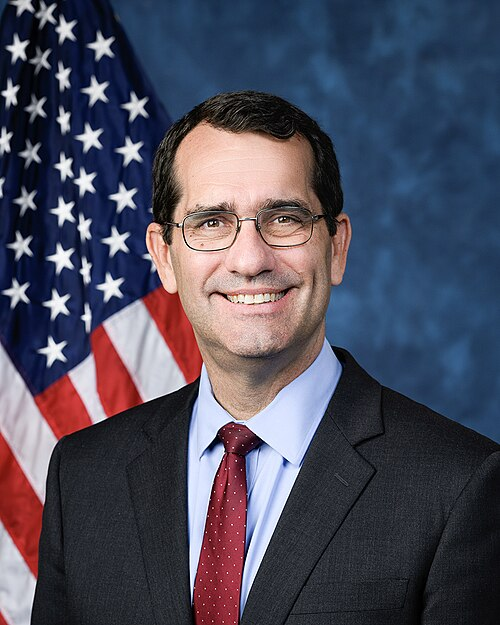
Co-Sponsor
-
TrackJefferson Shreve

Co-Sponsor
-
TrackDavid Taylor

Co-Sponsor
-
TrackRyan K. Zinke
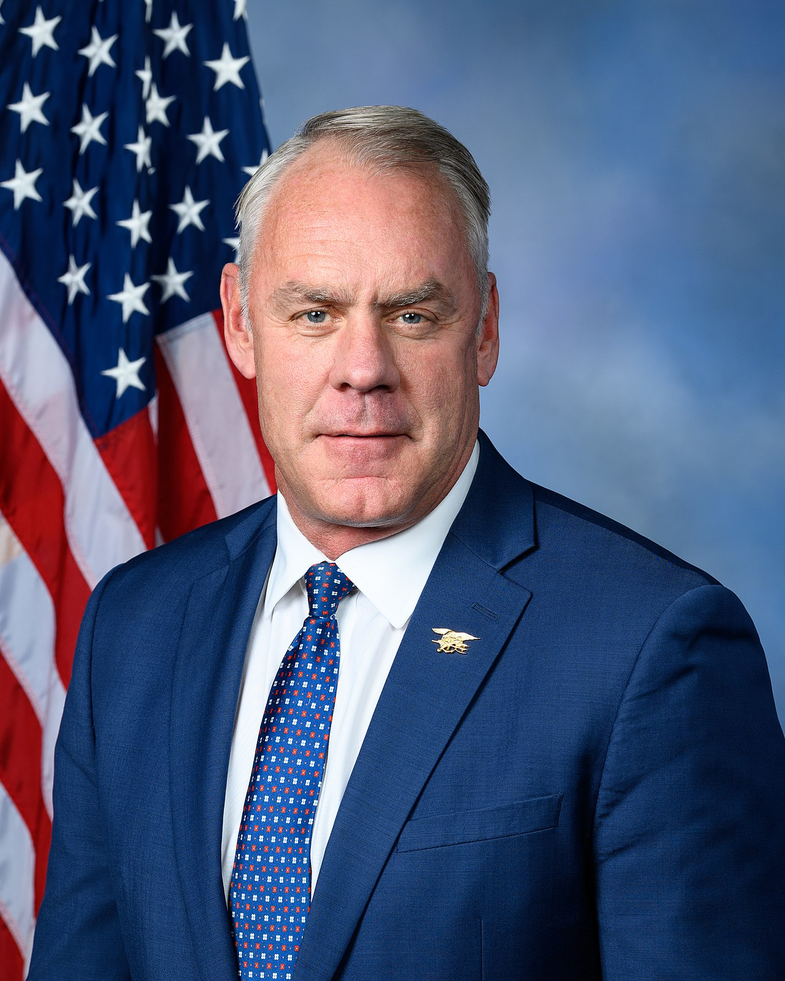
Co-Sponsor
Actions
2 actions
| Date | Action |
|---|---|
| Jun. 10, 2025 | Introduced in House |
| Jun. 10, 2025 | Referred to the House Committee on Energy and Commerce. |
Corporate Lobbying
0 companies lobbying
None found.
* Note that there can be significant delays in lobbying disclosures, and our data may be incomplete.






